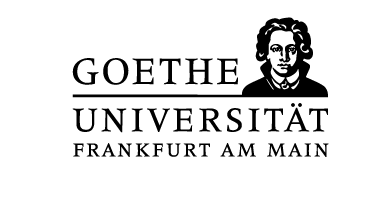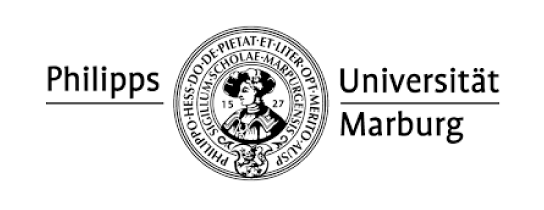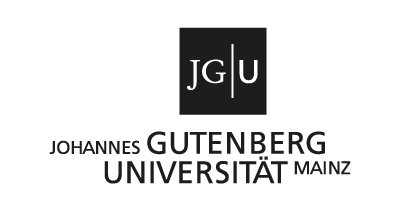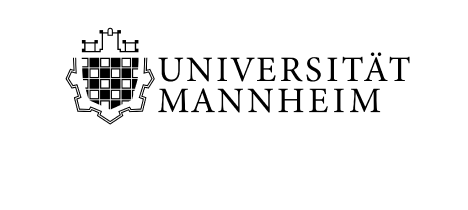Cinephilia(s) Revisited: Movies - Memory - Mobilization
The PhD project Cinephilia(s) Revisited: Movies – Memory – Mobilisation examines the phenomenon of cinephilia, which emerged at the beginning of the twentieth century, as a configuration of media memory culture. The project thus moves away from the much-discussed question of what or when cinephilia was or is. Instead, the project focuses on motivations related to memory culture and politics that were inherent in French cinephilia early on, and examines their media transmission and circulation. The latter continue to have an impact in research and cultural activism to this day. This is especially true outside the area of French language and culture, where the use of the loanword “cinephilia” always already refers to the context of French cinephilia and evokes associated mediations and (memory) images.
Cinephilia(s) Revisited: Movies – Memory – Mobilisation assumes that the writings and films of French cinephilia before about 1965, as well as the self-promotion of their creators, production-side marketing tactics, and institutional programming and mediation strategies, pre-mediate today’s views of cinephilia(s). Contemporary productions take up this history and develop it further in new media configurations. In this way, they force a constant updating and differentiation of cinephilic practices related to memory culture. At the same time, they contribute to cinephilia itself increasingly becoming a mediated lieu de mémoire. From this perspective, the question of what cinephilia is can only be answered by examining which mediated “histories of cinephilia as a motivating passion” (Martin 2009, 223) have shaped or are shaping understandings of the concept and phenomenon today. The aim is therefore to reveal how these pre-mediatisations function and to situate them within the cultural and political constitution of cinephilia as a configuration of media memory culture.
Case studies will serve to examine possible effects on institutional as well as non-institutional cultural activism under the slogan “cinephilia.” Has cinephilia, as Thomas Elsaesser assumes, really “un-Frenched itself” (Elsaesser 2005, 41)? Or do postmodern manifestations still bear traces of their French origin? If so, what cultural hierarchies, power structures, and differences in legitimacy result from this? And to what extent do these still shape the age of digital, globally networked cinephilia(s)?
Profile
Marie Krämer holds an MA in Media Studies (Philipps-University Marburg) and Cultural Studies & Cultural Education (Université de Lorraine). Building on professional experience gained at the Berlin International Film Festival, DOK Leipzig, Cinémathèque de la Ville de Luxembourg and the German Federal Cultural Foundation, she examines “cinephilic” films, practices and configurations with regard to moving image memory and the politics of material and immaterial film heritage. Her PhD project “Cinephilia(s) Revisited: Movies – Memory – Mobilization” is being realised in an interdisciplinary and binational cooperation between the University of Marburg in Germany (Media Studies, supervisor: Prof. Dr. Yvonne Zimmermann) and the Université de Lorraine in France (Arts and Social Sciences, supervisor: Prof. Dr. Fabrice Montebello). As a research fellow at the University of Marburg’s Institute for Media Studies, Marie Krämer also teaches on film heritage, film festivals, and curatorial as well as educational practices in film museums and art galleries. In addition, she regularly participates in international academic conferences and has already contributed to several German journals and anthologies in film and media studies.





